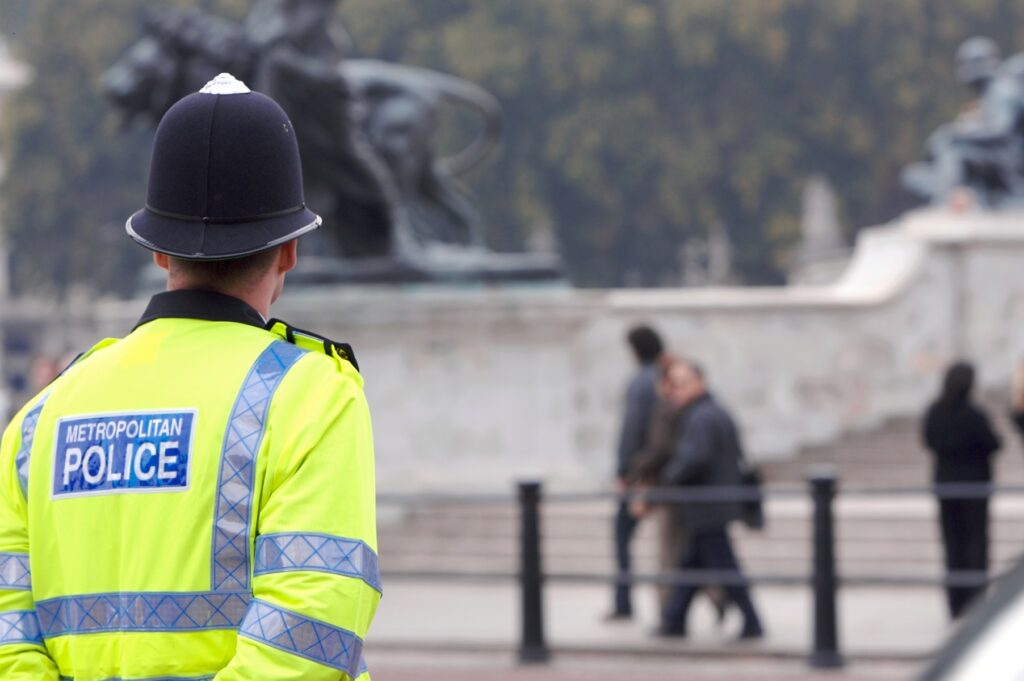The National Police Chiefs’ Council (NPCC) and the College of Policing (COP) have released new guidance for police officers enforcing the Health Protection (Coronavirus, Restrictions) (England) Regulations 2020, which were brought in on 26 March 2020 to give legal effect to the ‘lockdown’ announced by the Prime Minister on 23 March 2020. The new guidance seeks to clarify what is likely to be a reasonable excuse for a person to be outside their home, and what is unlikely to be reasonable, during the emergency period.
The Regulations provide that during the emergency period no person (other than a homeless person) may leave the place where they are living without a reasonable excuse, and contain a non-exhaustive list of reasonable excuses (Regulation 6). Failure to comply is a criminal offence (Regulation 9(1)(b)). Reports over the first few weeks of the Regulations’ operation indicate that some police officers (and even chief constables of some forces) have struggled to understand the new offences and powers given to them by the Regulations.
This is perhaps unsurprising, as when giving his televised address to the nation on 23 March 2020, the Prime Minister went much further than the subsequent Regulations, stating people will only be allowed to leave their home “for shopping for basic necessities, as infrequently as possible; one form of exercise a day, – for example a run, walk, or cycle – alone or with members of your household; any medical need, to provide care or to help a vulnerable person; and travelling to and from work, but only where this is absolutely necessary and cannot be done from home.”
Government guidance on social distancing, released around the same time, similarly sought to limit the purposes for which people could leave their homes, stating ‘Every citizen is instructed to comply with these new measures’ and ‘the government is therefore ensuring the police and other relevant authorities have the powers to enforce them where people do not comply’. A number of public statements also suggested people could only leave their homes if ‘essential’ to do so, a much higher threshold than ‘reasonable excuse’.
The new guidance sets out what, in the opinion of the NPCC and COP, is likely to be reasonable, what is not likely to be reasonable and provides some further commentary, prompted by some of the starker examples of over-zealous policing seen over the last few weeks – like police officers searching through people’s shopping bags. It will hopefully result in more proportionate enforcement of the Regulations. However, many will still feel the lines between what is criminal on the one hand, and reasonable on the other, continue to be arbitrarily drawn.
The good news, for drinkers and nature lovers, is that the new guidance anticipates buying alcohol will be reasonable (as long as purchased alongside other, even more essential, items), as will driving to the countryside to walk (provided far more time is spent walking than driving) and stopping to rest or to eat lunch while on a long walk.
The bad news, for those who appreciate fresh air and vitamin D but not government approved exercise (e.g. walking, running or cycling), is that ‘a short walk to a park bench, when the person remains seated for a much longer period’ is considered, by the National Police Chiefs’ Council, College of Policing and CPS, as unlikely to be reasonable.
The guidance also states that moving to a friend’s address for several days to allow a ‘cooling-off’ following arguments at home is likely to be considered reasonable. This is a sensible inclusion, designed to reduce the risk of domestic violence, which has, reportedly, increased during the lockdown. However, the guidance also states ‘this should be a genuine move (ie measured in days, not hours)’, a restriction which, again, appears to go beyond what the Regulations permit. The courts may well consider shorter visits to seek support when escaping escalating domestic incidents to be equally as reasonable, depending on the circumstances.
The guidance confirms the list of examples of what is, and what is not, reasonable “is not exhaustive and officers are required to use their discretion and judgement in deciding what is and what isn’t reasonable in the circumstances.”
Ultimately, once prosecutions under the Regulations come to trial, what constitutes a reasonable excuse will be a matter for the courts, which are not bound by the Regulations to interpret the meaning of ‘reasonable excuse’ in accordance with any guidance, whether issued by the government, police or CPS. In practice, police officers on the ground are likely to be significantly influenced by the examples set out in the guidance. Individuals who act contrary to the guidance risk being subjected to enforcement powers, including on-the-spot fixed penalty notices, arrest and prosecution.
While differences between what is an offence under the Regulations and what people are, separately, asked to do by the government, are not inherently a bad thing, it is essential that the police and other officers enforcing the Regulations understand the difference between a criminal offence and guidance, and when it is appropriate and lawful to intervene, by enforcement, to regulate individuals’ conduct, and when it is not.
This article should be treated as commentary and not legal advice.
If you would like to discuss any of the issues above with our criminal law solicitors, please do not hesitate to get in touch.
